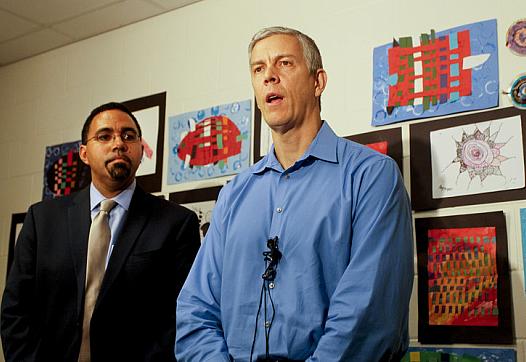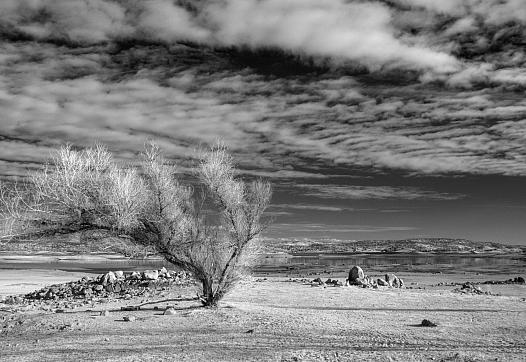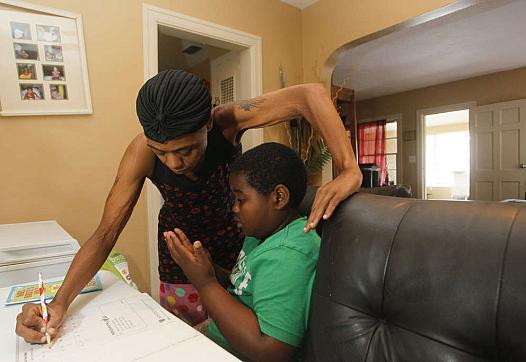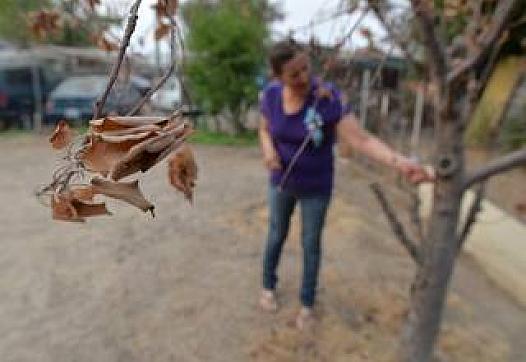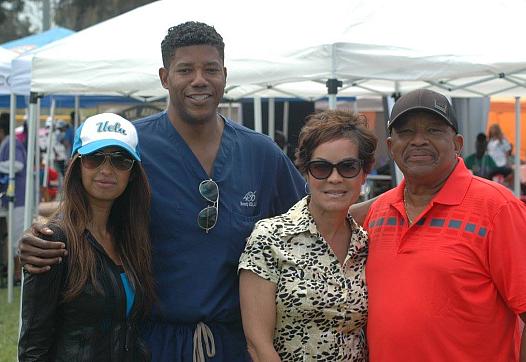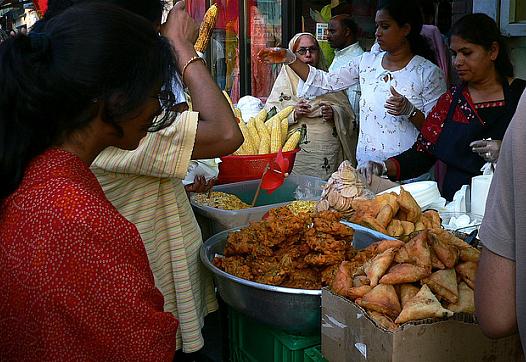
A reporting project on the rising incidence of diabetes among Indian communities finds virtue in taking an explanatory approach. "Linking our cuisine to impactful statistics and studies, I hoped, would grab the reader’s attention," California Fellow Parimal Rohit writes.

